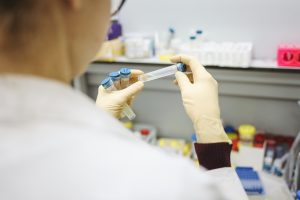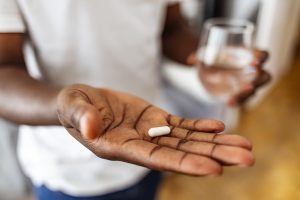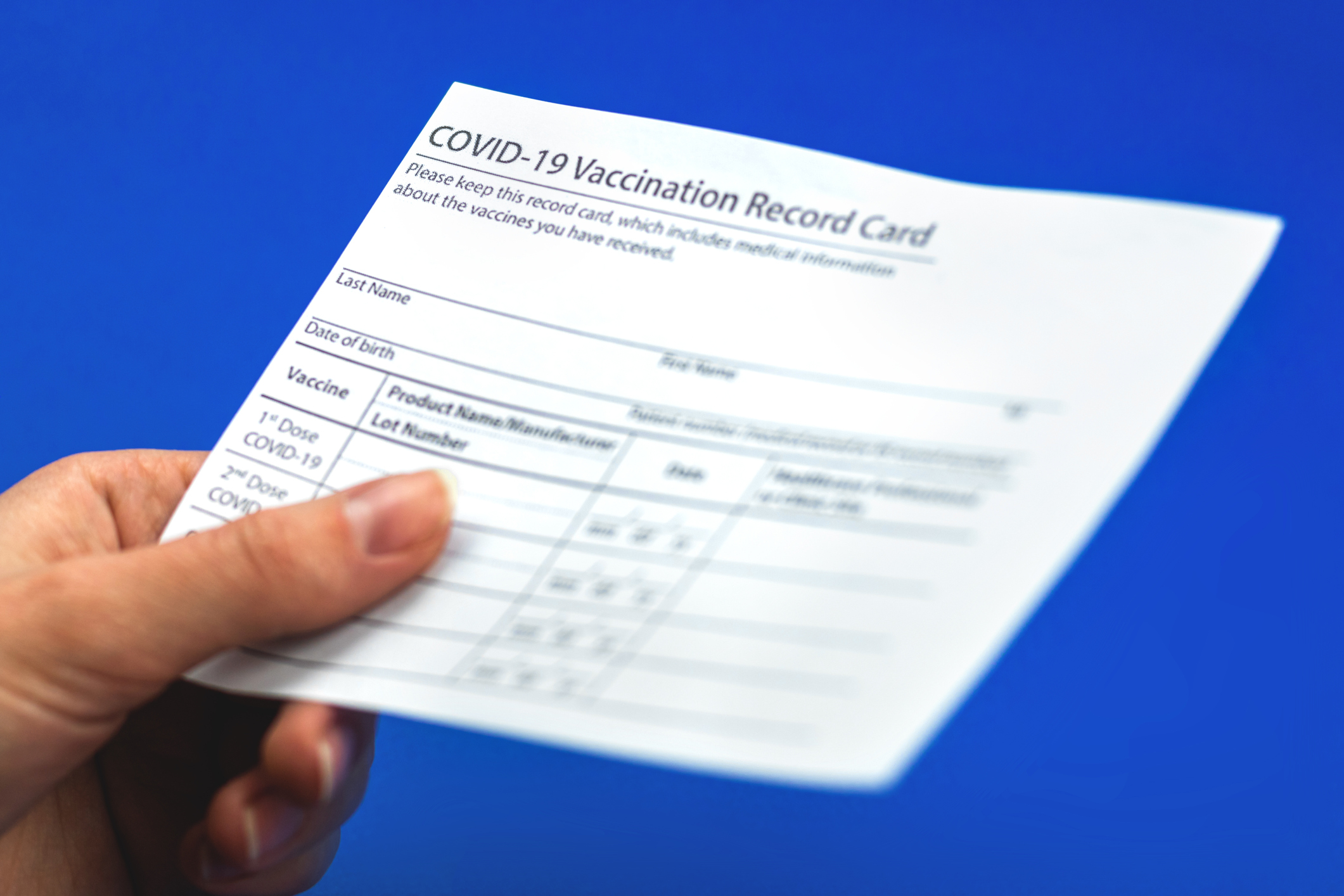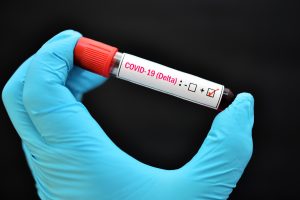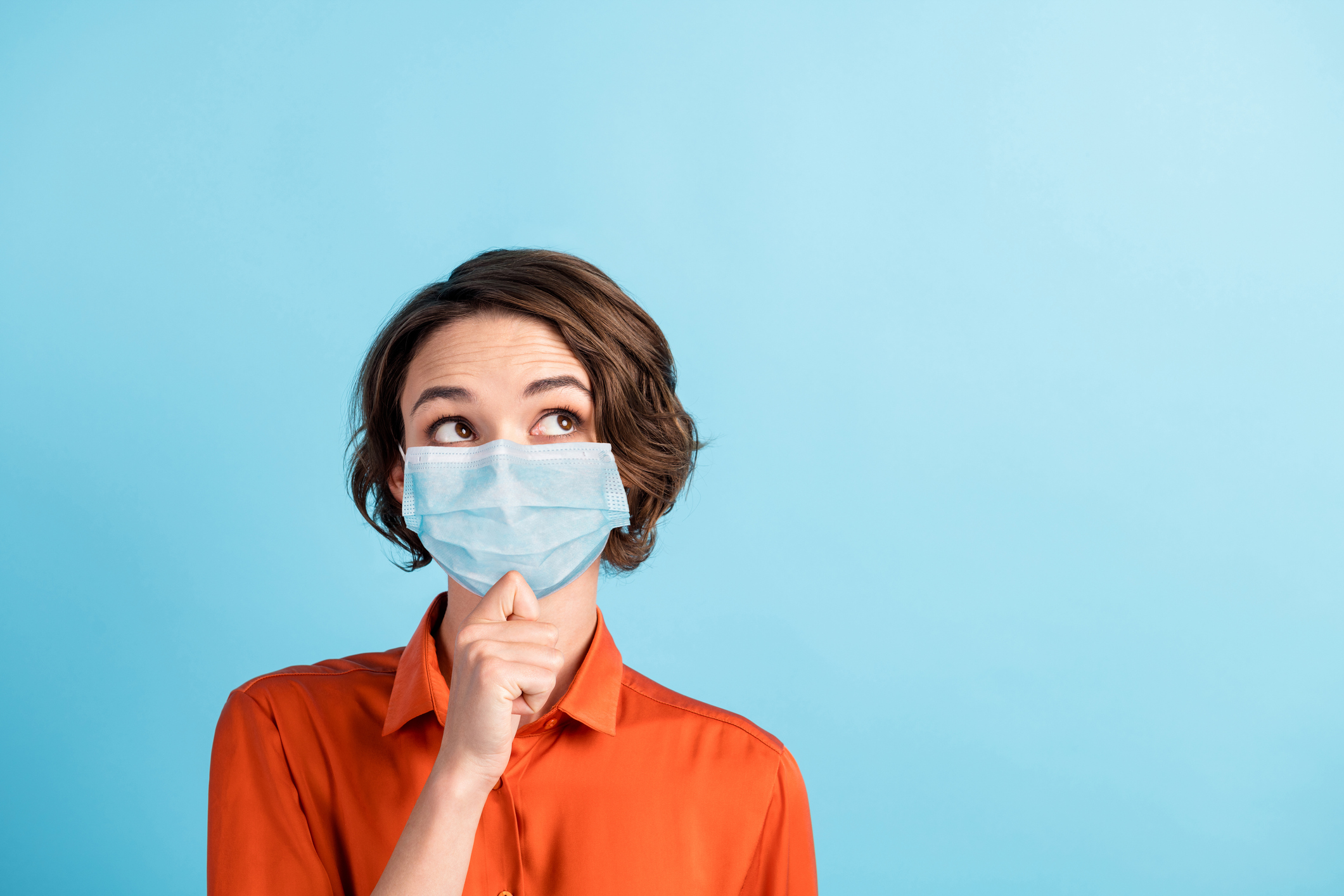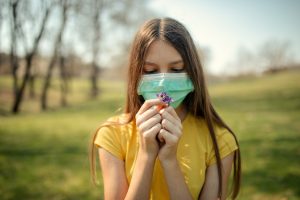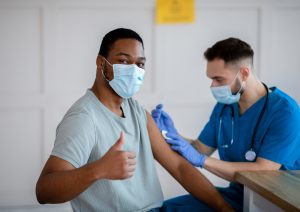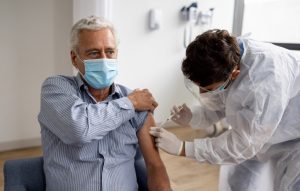 Since the beginning of the COVID-19 pandemic, new variants of the virus have emerged, causing surges in infections and hospitalizations over time. Staying up to date with your vaccinations is essential for protecting yourself against this evolving health threat. However, recommendations may be different for some people based on factors such as age or other health concerns.
Since the beginning of the COVID-19 pandemic, new variants of the virus have emerged, causing surges in infections and hospitalizations over time. Staying up to date with your vaccinations is essential for protecting yourself against this evolving health threat. However, recommendations may be different for some people based on factors such as age or other health concerns.
The Centers for Disease Control and Prevention (CDC) recommend that you receive the latest COVID-19 vaccine regardless of whether you received the original doses; the newest version of the vaccine is expected to be available during fall 2023. Additional recommendations include:
- Children between six months and four years old who receive the Pfizer-BioNTech vaccine should get three doses, including at least one dose of the latest vaccine
- Children aged five years or older who receive the Pfizer-BioNTech vaccine should get at least one dose of the updated vaccine
- Children between six months and five years old receiving the Moderna vaccine should get two doses, including at least one dose of the latest vaccine
- People who are unable or choose not to get a recommended mRNA vaccine should get the Novavax COVID-19 vaccine doses approved for their age group
- People who got the Johnson & Johnson/Janssen COVID-19 vaccine should get one dose of the updated COVID-19 vaccine
If you are aged 65 or older, you are also eligible to receive an additional dose of the updated vaccine at least four months after your first dose. People who are moderately or severely immunocompromised may receive an additional dose of the vaccine at least two months after their first dose.
You can receive the latest COVID-19 vaccine at Flushing Hospital Medical Center’s Ambulatory Care Center. To schedule an appointment, please call (718) 670-5486.
All content of this newsletter is intended for general information purposes only and is not intended or implied to be a substitute for professional medical advice, diagnosis or treatment. Please consult a medical professional before adopting any of the suggestions on this page. You must never disregard professional medical advice or delay seeking medical treatment based upon any content of this newsletter. PROMPTLY CONSULT YOUR PHYSICIAN OR CALL 911 IF YOU BELIEVE YOU HAVE A MEDICAL EMERGENCY.


